Quality assurance is everything in the contact center. From agent training and customer satisfaction to brand protection and fraud prevention, QA affects key performance indicators across the board. Traditionally, QA has been mostly reactive, with coaching and correction happening after errors are discovered. Wouldn’t it be nice to prevent more mistakes before they happen? Enter: Real-time digital QA.
Join Jeff Fettes, CEO of Laivly, on March 29 at Execs In The Know’s Customer Response Summit (CRS), as he leads an engaging discussion on how nextgen technology, including agent assist tools and real-time AI oversight, can help contact centers take a proactive approach to quality assurance.
Coaching and Development as QA
How does your contact center approach QA? If you’re like most, team leaders review calls after the fact and coach agents on what went right and what could be improved. At this point, the damage has already been done, and coaching is an attempt to prevent the same mistake from happening again.
Coaching and development serve an important purpose for agents, leaders, and brands. However, as a means of QA—especially as the only means—this reactive approach is inefficient. Attended automation tools allow for real-time course correction, which can be reinforced through in-person coaching.
Proactive QA through Ongoing Training
Depending on the program, newly hired agents face weeks of classroom training, often followed by a period of highly supported, extensively coached live training on the floor. Some programs follow this “nesting” period with even more classroom training. In any case, the transition from trainee to live agent is uncomfortable. Attrition rates reflect this, as agents find themselves struggling to remember everything they learned—not just the complex policies or product knowledge, but where to find this information and how to navigate the CRM and other programs.
Even seasoned agents forget key elements of their training or develop bad habits to boost productivity. Attended AI can provide ongoing training for all agents by guiding them through workflows, suggesting knowledge base articles or appropriate next steps, and automating repetitive or low-value tasks.
Remote and Work-From-Home QA Challenges
If in-person training and coaching are already challenging, how do you set up agents for success when they are working remotely? Agents may feel isolated, amplifying the discomfort of transitioning out of training. Remote work also removes a level of oversight, which opens the door to more unintentional—or intentional—errors.
With the right attended automation technology, brands can protect themselves from fraud without encroaching on an agent’s sense of autonomy. On the contrary; an attended automation platform can help a WFH agent feel supported and empowered while providing noninvasive yet ironclad oversight. The outcome? Happier agents and dramatically lower invalid expenses.
How Digital QA Delivers Proactive Solutions
Nextgen technology, such as Laivly’s platform-agnostic agent assist tools, takes QA out of arrears and puts it onto the agent’s desktop in real time. Digital QA delivers notable improvements across virtually all KPIs and metrics, including:
- Average handle time (AHT)
- Appeasement and concession accuracy
- Customer satisfaction scores (CSAT)
- Speed-to-green and average training time
- Policy enforcement and escalations
Just as self-service can’t replace a live customer service agent for everything, digital QA works best when paired with empathetic human coaching and nuanced resolutions. But together, this evolution of proactive quality assurance stands to truly change the game.
Guest post written by Laivly. Learn more about the evolution of digital QA and how contact centers can take a more proactive approach to quality assurance with Jeff Fettes, CEO of Laivly. Check out his Customer Shop Talk session on March 29 at Execs In The Know’s Customer Response Summit (CRS) in Clearwater, FL.






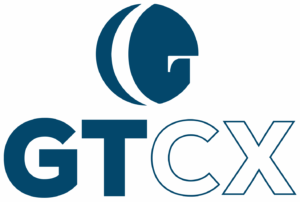

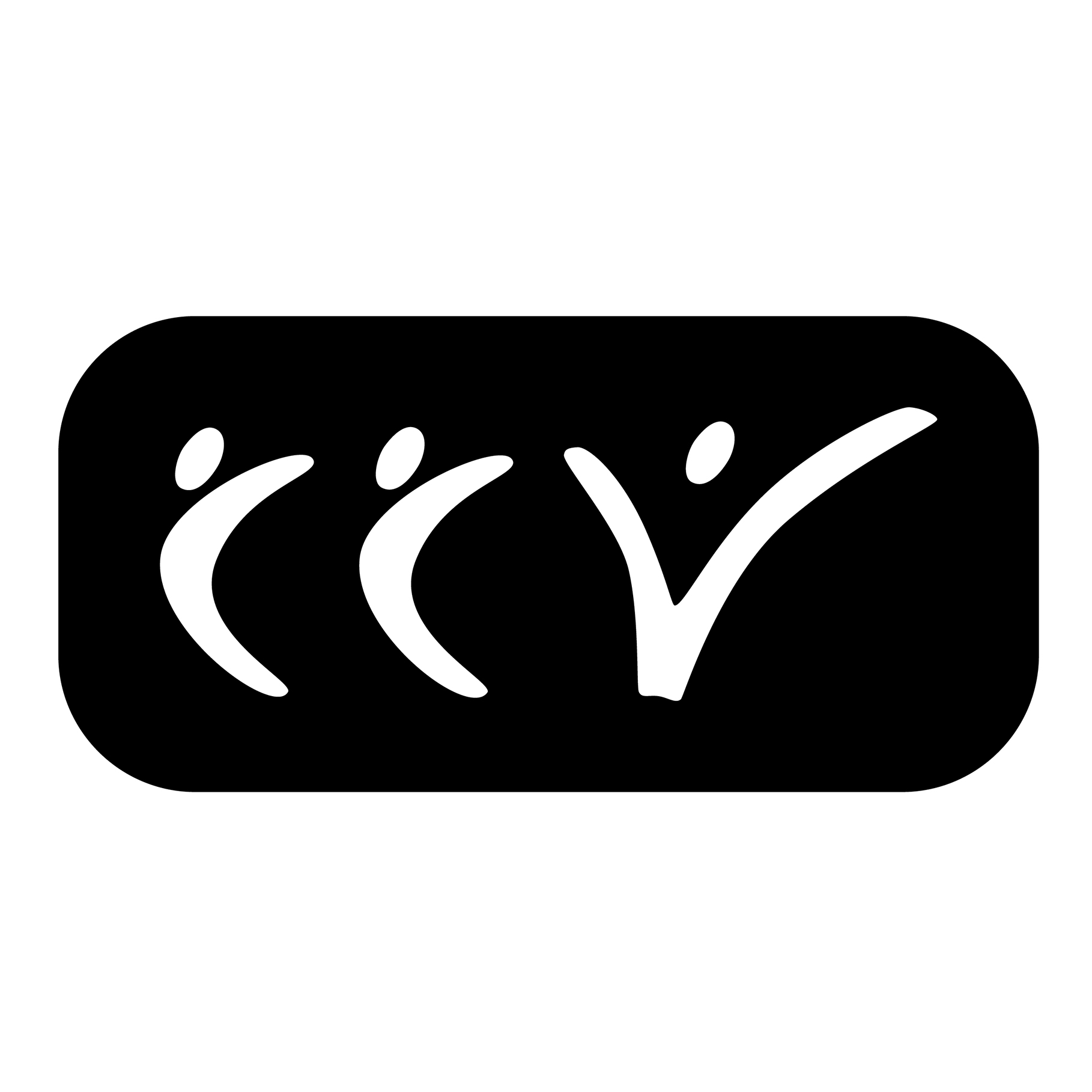





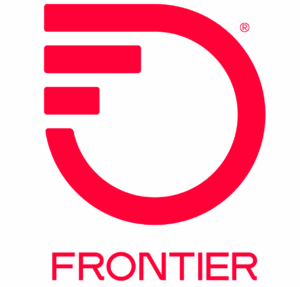
































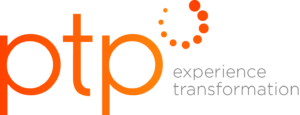


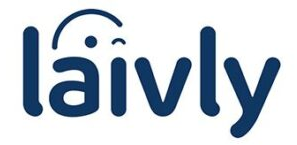



 TELUS Digital
TELUS Digital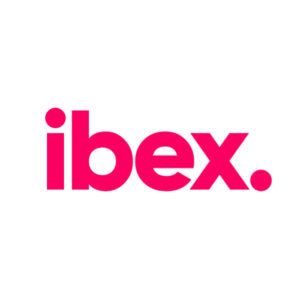 ibex delivers innovative BPO, smart digital marketing, online acquisition technology, and end-to-end customer engagement solutions to help companies acquire, engage and retain customers. ibex leverages its diverse global team and industry-leading technology, including its AI-powered ibex Wave iX solutions suite, to drive superior CX for top brands across retail, e-commerce, healthcare, fintech, utilities and logistics.
ibex delivers innovative BPO, smart digital marketing, online acquisition technology, and end-to-end customer engagement solutions to help companies acquire, engage and retain customers. ibex leverages its diverse global team and industry-leading technology, including its AI-powered ibex Wave iX solutions suite, to drive superior CX for top brands across retail, e-commerce, healthcare, fintech, utilities and logistics.



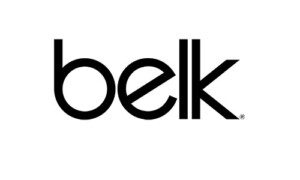


















 Trista Miller
Trista Miller




























